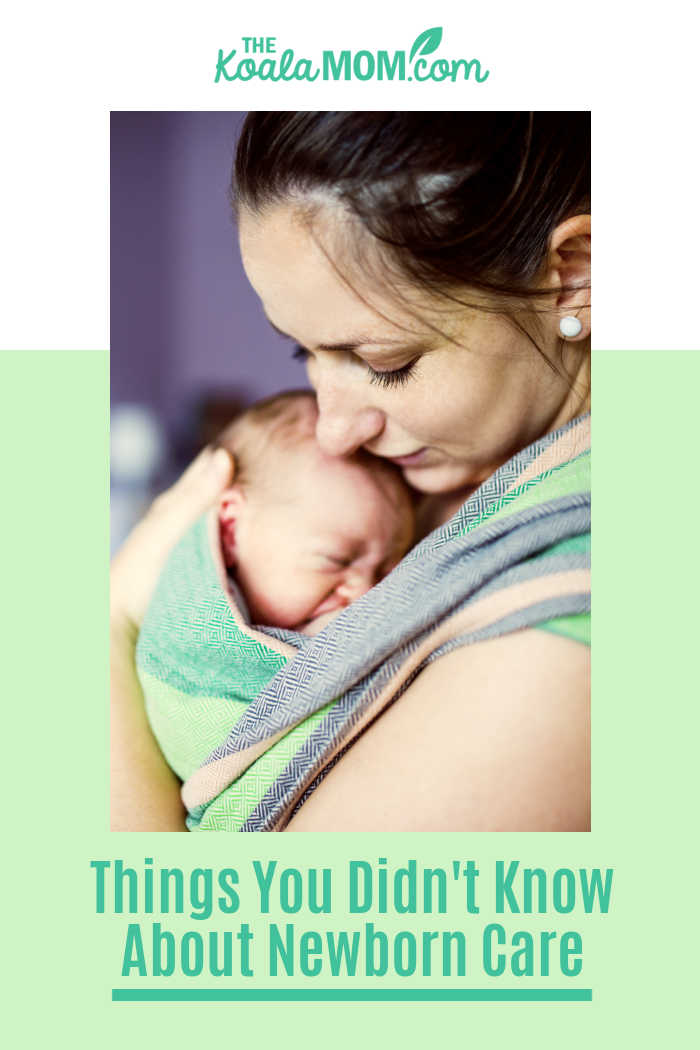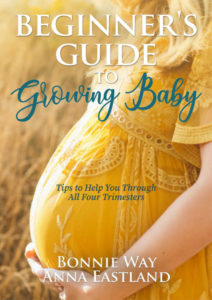It can be an entirely terrifying experience to have someone place a newborn in your arms. They’re so fragile you barely want to move a muscle. That is how many parents and caretakers feel when they face the seemingly insurmountable challenge of caring for a newborn. It can feel like a minefield. Moreover, it seems like there’s never too much you can know about these little ones. Keep reading for some facts and tips you might need that you didn’t know about newborn care.

They Can Stop Breathing
There’s nothing better than finally getting your newborn to sleep. Watching them lie in their crib safe and sound while looking angelic as ever can feel so amazing. However, as you watch your newborn, you might notice their chest doesn’t always rise for a breath when you expect it to. This is period breathing. Before you let the panic seep in, understand that periodic breathing is normal and is probably something you didn’t know about newborn care.
Periodic breathing occurs when your newborn has a pause in their breathing anywhere from 5 to 10 seconds long, followed with short and shallow breaths. This momentary lapse usually occurs when a baby is in a deep sleep.
If you are concerned about your baby’s sleep, get a Snuza Hero Portable Baby Movement Monitor. This tiny monitor clips onto your baby’s diaper. A soft, rubber tip rests gently against baby’s stomach, monitoring baby’s breathing and motion while baby sleeps. If motion stops, the monitor makes a gentle vibration. If that fails to rouse baby, then the monitor sounds an alarm.
They Have No Circadian Rhythm
Do you or someone you know always wake up at the same exact time every morning? We have our internal clocks to thank for that, but you might not have known that babies don’t have that circadian rhythm. That’s why you’ll find yourself getting up at all hours of the night to tend to them. However, it’s valuable for you to know that a baby’s sleep patterns will change as they age. Eventually, their sleep cycles will adjust, and you’ll finally be able to catch some rest too.
They Have No Tears to Cry
Babies and crying—these two go hand in hand so well. However, if you watch your newborn closely as they cry, you may notice that no tears flow from their eyes. Before you begin awarding them with the best baby actor award, you should know that newborns usually don’t have the ability to produce tears. After about a month, your newborn will develop tear ducts, and the waterworks will ensue.
They May Not Nurse Well
One of my biggest struggles with my first baby was learning how to nurse. I expected that as soon as I put her mouth to my breast, she’d be able to eat. It was very frustrating to me that nursing involves a lot more than just that. My midwives were able to coach me on how to get the baby to properly latch, but this was a long, difficult process with each of my babies.
If your baby also seems to have troubles breastfeeding, or breastfeeding is painful for you, seek help. A nurse, midwife or lactation consultant may be able to help you find solutions to get your baby nursing better. While we think that nursing should be instinctual, often both mothers and babies need to learn how to do it.
Photo credit: Depositphotos.
 Love this post? You’ll find more tips and advice like it in Beginner’s Guide to Growing Baby: Tips to Help You Through All Four Trimesters, a book about pregnancy, birth, and baby’s first three months. Written with my good friend Anna Eastland (mom of 9 kids!), Beginner’s Guide to Growing Baby is an honest, practical look at pregnancy and beyond. We share what’s worked for us in growing, birthing and loving fourteen babies.
Love this post? You’ll find more tips and advice like it in Beginner’s Guide to Growing Baby: Tips to Help You Through All Four Trimesters, a book about pregnancy, birth, and baby’s first three months. Written with my good friend Anna Eastland (mom of 9 kids!), Beginner’s Guide to Growing Baby is an honest, practical look at pregnancy and beyond. We share what’s worked for us in growing, birthing and loving fourteen babies.
Beginner’s Guide to Growing Baby is available on Amazon.

No Responses Yet